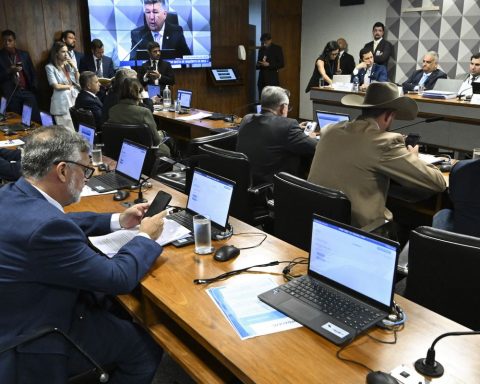The Senate approved, this Friday (31), the provisional measure (MP) that unifies notary systems across the country through the implementation of the Electronic System of Public Records (Serp). The text was scheduled to be voted on last week, but at the request of the rapporteur, Senator Weverton Rocha (PDT-MA), the consideration in plenary was postponed to today. The text underwent changes in the Senate and returns to the Chamber of Deputies.
Serp, in addition to unifying the registry system, will allow records and consultations over the internet. The text of the MP provides for the implementation of the system by January 31, 2023. After implementation, the certificates will be extracted by reprographic or electronic means, that is, the registration officers will be exempt from printing certificates (civil or titles). Electronic certificates must be made using technology that allows the user to print them and identify their authenticity, according to the criteria of the National Council of Justice (CNJ).
According to the measure, the Serp, which must connect the databases of all types of registry offices, will be implemented and managed by public records officers across the country, with mandatory membership. The national system operator will be a private entity, in the form of a non-profit association or foundation, to be regulated by the National Justice Department of the National Justice Council (CNJ).
Among the amendments made in the Senate, is the inclusion of a section that grants free fees (9 fees charged for services provided) to records involving settlement projects carried out by the National Institute of Colonization and Agrarian Reform (Incra).
Weverton also accepted an amendment to remove leasing and finance contracts from the orbit of the electronic registry led by Serp. For the senator, it is not up to “bureaucratize” the leasing contracts, which are currently made without the need to register with the notaries.
*With information from the Senate Agency
















